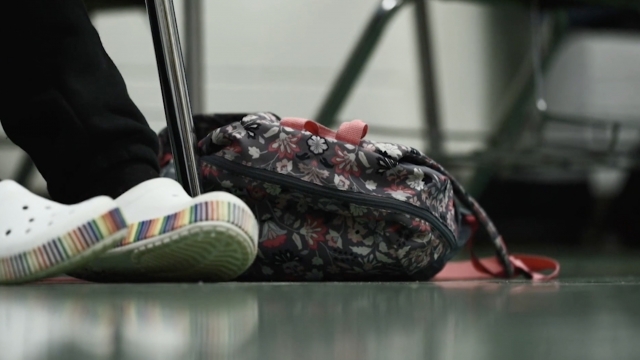New data shows how poorly U.S. kids' and young adults' mental health is suffering.
The number of ER visits for suicide-related events is up five-fold over the past decade in children, teens and young adults.
Youth ER visits for mental health conditions have about doubled, according to a new study in the Journal of the American Medical Association.
Researchers looked at data from the National Hospital Ambulatory Medical Care Survey, specifically emergency department visits for 6-to-24-year-olds from 2011 to 2020.
According to the findings, mental health–related visits rose from 4.8 million to 7.5 million.
Mental health–related emergency department visits increased the most among 10-to-14-year olds.
Males were more likely to go to the ER for mental health in the younger child and young adult age ranges.
Mental health visits were more likely among females in their adolescent years.
Suicide-related visits saw the largest increase across all age groups, as well as across sex, race and ethnicity, insurance type and location.
Clinical psychologist Dr. Earl Turner, founder of Therapy for Black Kids, was not an author on the study.
He says it's important to not only look at the number of visits being up but that also highlights the urgent need for more mental health providers.
"I get this — in terms of referral requests from parents — oftentimes, if they have a son, they're looking for a male therapist. And we know that is also something that is really challenging in the field, and that only about a third of child psychologists identify as male. And so, when we want someone to meet that need, it can be a challenge. And if you add an additional layer when we talk about race/ethnicity, that number is even smaller," he said.
The research looks at visits, so it doesn't account for the number of patients.
The doctors and researchers who worked on this study say these trends show where health care is really lacking, and mental health providers in the emergency department are needed.
The study did not include visits at psychiatric hospitals with crisis or urgent care centers, meaning the actual number of emergency visits for mental health and suicide could be even higher.
Trending stories at Scrippsnews.com



